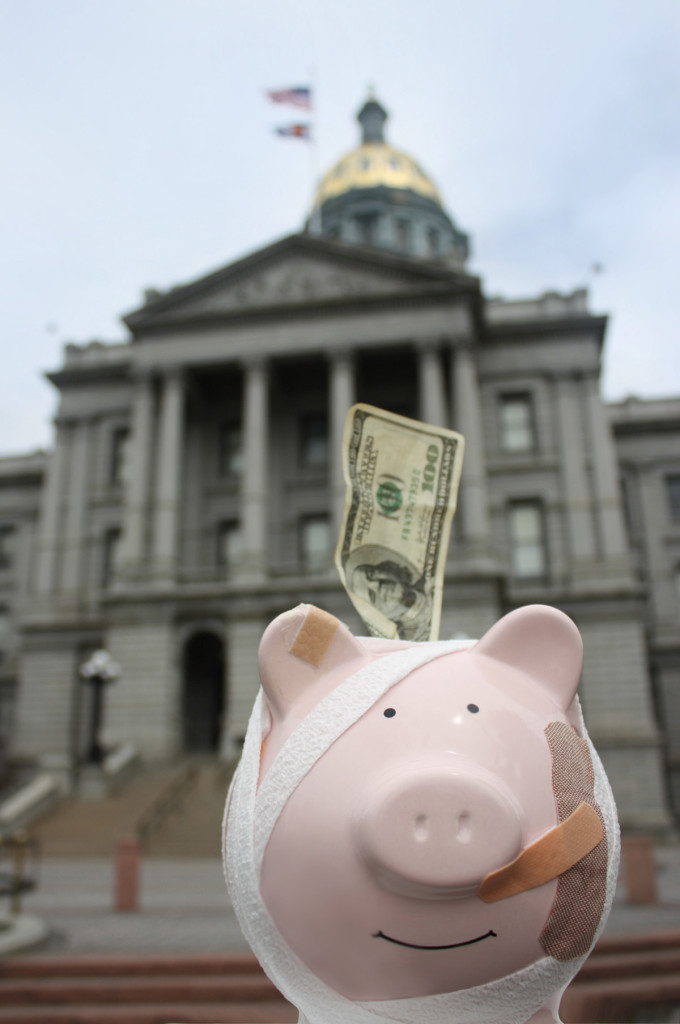Review: Building A Better Colorado
I attended one of the meetings put on by Building a Better Colorado (BBC). It was a thinly veiled attempt to control the narrative on several issues facing Colorado.
This was a two-hour session run by a moderator for a group of about 60 people. The time started with the moderator describing the 3 broad problems/issues (as defined by BBC) to be discussed. Then some time was spent on each issue/problem. Each issue/problem was put in front of the group with various possible responses/solutions. 10 or so minutes were given for each table of 4-8 people to discuss, and then a series of possible responses/solutions were put to a multiple choice vote for that issue/problem. Clicker devices were distributed for people to vote on their response to each response.
The three broad issues were 1) the initiative process for amendments to state law and amendments to the constitution, 2) fiscal policy and TABOR, and 3) the primary voting process.
Here was the basic formula:
Premise: There’s a problem, and here’s our definition/spin on what it is.
What should we do? A. Nothing, B. Our potential Ballot Initiative, C. Our other potential Ballot Initiative.
Vote on how you feel about A.
Vote on how you feel about B.
Vote on how you feel about C.
Here are some specific examples, quoting directly from the handout used in the presentation. After talking about what a huge problem the initiative process is, 2 questions were asked. Here is question #2…
“Should we require a higher threshold for passage of amendments to the CONSTITUTION than for citizen-initiated amendments to state LAW?”
Vote on A: “Maintain current policy…” Of course, a majority of people, having just heard what a problem this is, vote that we need to do something.
Vote on B: “Make it harder to amend the constitution by requiring future amendments to be approved by a supermajority (2/3) vote, but allow fixes/changes to existing language to be approved by the same simple-majority threshold by which it was adopted initially.” People pick from 3 levels of support and 3 levels of opposition.
That’s it. No other choices. On to the next topic.
It was similar with TABOR. Continue reading →




 Senate President Bill Cadman displays a memo from the Colorado Legislative Legal Services office answering whether a proposal to reclassify the state’s hospital provider fee would be constitutional at a press conference in his office on Jan. 6 at the Capitol.
Senate President Bill Cadman displays a memo from the Colorado Legislative Legal Services office answering whether a proposal to reclassify the state’s hospital provider fee would be constitutional at a press conference in his office on Jan. 6 at the Capitol.


